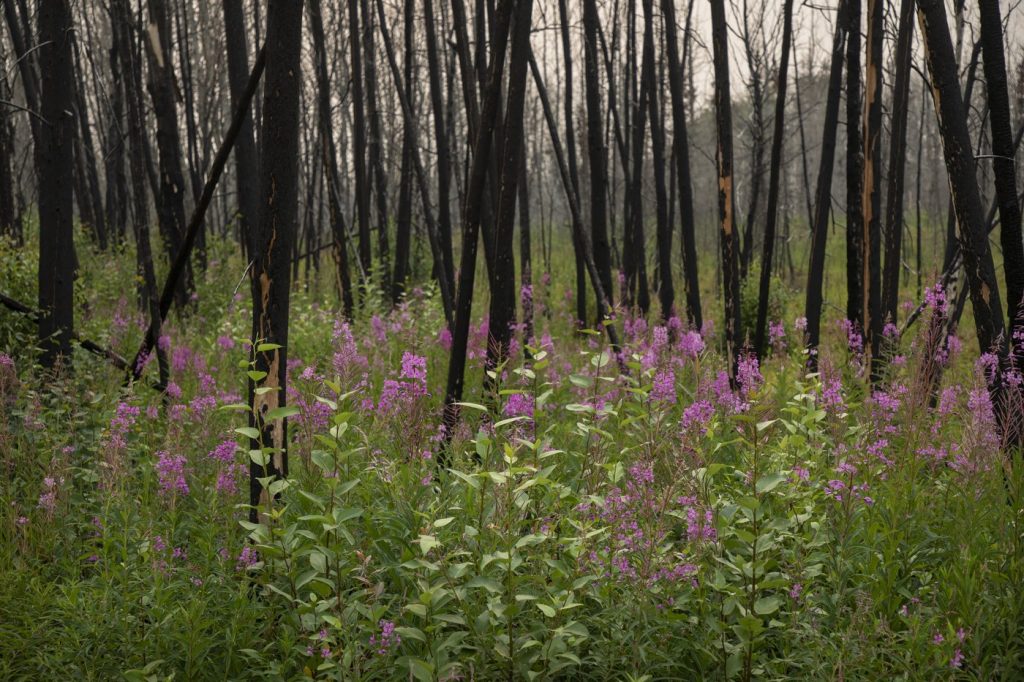CALGARY – This year, Jasper, Alta., is experiencing a decline in tourist numbers, but the interest in visiting the stunning Rocky Mountain town remains high. The decrease in visitors can be attributed directly to the devastating wildfires that destroyed approximately one-fifth of the town's overnight accommodations last summer, according to Tyler Riopel, CEO of Tourism Jasper.
Riopel noted, “There’s about as many people visiting Jasper this summer as we have overnight accommodations for, so I say it’s a win.” Despite the challenging circumstances, the visitor numbers are down only by 16 to 20 percent, a figure directly linked to the loss of fixed-roof accommodations and campgrounds.
Many available spots are almost fully booked, with Riopel predicting that the accommodation squeeze will likely continue into the next summer as rebuilding efforts progress. Although there seems to be a reduction in visitor spending at local shops and attractions, Riopel is uncertain if this trend is widespread.
Jasper National Park still offers plenty of activities for visitors, including over a thousand kilometers of hiking trails, white-water rafting, the SkyTram gondola, a golf course, and boat cruises on the turquoise waters of Maligne Lake. “Jasper is such an intriguing place to be right now,” Riopel highlighted, adding that Parks Canada is facilitating explorations through some fire-affected forests.
While summer is typically the peak tourist season in Jasper, Riopel emphasized that winter remains crucial as well, with visitors coming for skiing and other winter-related activities. However, the recovery from wildfires has posed challenges for tourism operators throughout the region.
Northern Saskatchewan and Manitoba have experienced hard hits from wildfires, particularly affecting outfitters catering to hunters and fishers. Roy Anderson, acting CEO of the Saskatchewan Commission of Professional Outfitters, stated that his organization is surveying members to determine the financial damage, potentially amounting to millions of dollars in lost revenue.
Many businesses rely on a core of repeat American customers, which requires advanced bookings and pre-purchased supplies, limiting their flexibility to accommodate unexpected disruptions. Anderson noted that early spring concerns revolved around Canada-U.S. trade tensions, but those were soon overshadowed by the reality of wildfires disrupting operations.
Wildfires near camps or hunting areas force cancellations for safety reasons, while even unaffected regions suffer due to highway closures, air travel disruptions, and bans on off-road vehicles. Anderson is advocating for more proactive discussions with government officials on managing fire threats in the future, suggesting a reevaluation of all-terrain vehicle bans to allow for some flexibility for commercial operators.
Tourism Saskatchewan is still assessing the overall impact of the wildfires, with some operators reporting losses, while many remained open. Spokeswoman Alexa Lawlor mentioned that evacuation alerts and highway closures have contributed to disruptions, cancellations, and reduced visitor traffic in several areas.
The Indigenous Tourism Association of Canada is also reporting that its members have faced significant challenges during the summer, feeling the effects of wildfires across the country. Some visitors have canceled trips due to concerns over wildfire smoke affecting their experiences, and full closures of wilderness areas in Atlantic Canada have resulted in sudden business losses. Keith Henry, the association's chief executive, noted that operators in northern Manitoba, who anticipated an exceptional year, are currently experiencing a 30 percent decline in business.
Besides wildfires, logistical challenges such as labor disruptions at Air Canada have led many potential travelers to postpone their trips. Henry emphasized that tourism is not only an economic driver for Indigenous communities but also a crucial component of cultural revitalization and local employment. He stated the need for the industry to adapt to external factors that have considerable downstream effects.
The report highlights the resilience of the tourism sector in Jasper and other affected regions as they navigate the impacts of climate-related challenges.











